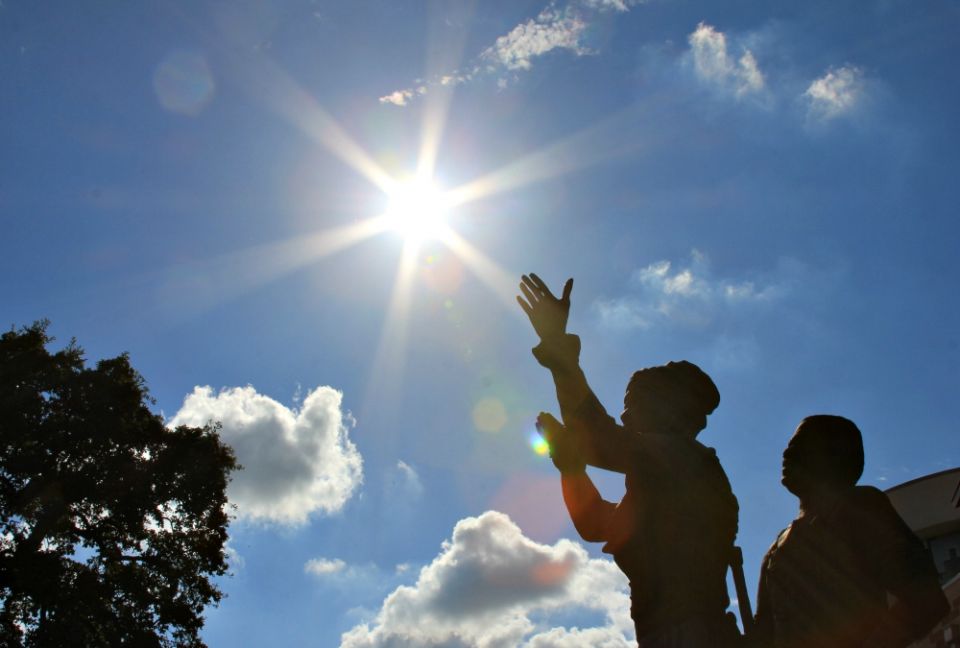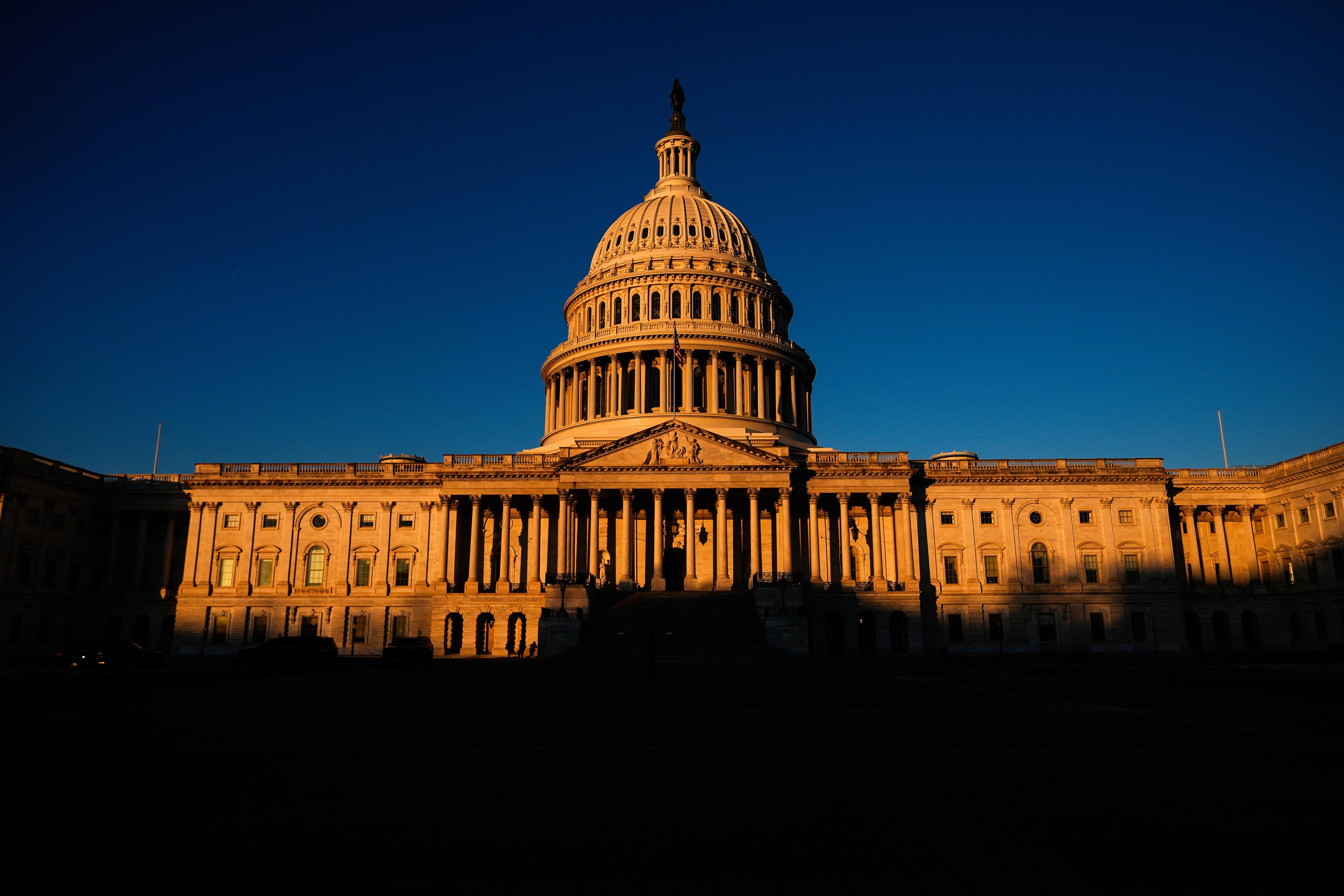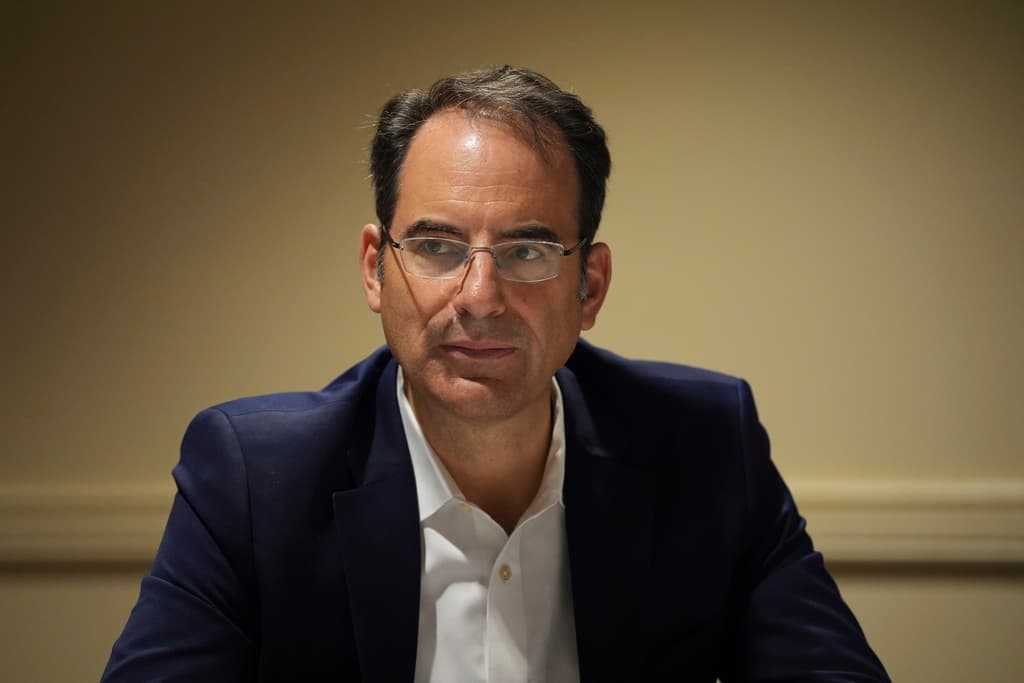
"God is a God
He don’t never change
God is a God
An’ he always will be God"
The first time I heard this Spiritual was in a recital at the Hampton University Ministers’ Conference. The recital was named after the arranger of the spiritual, Wendell Whalum, former director of the Morehouse College Glee Club. The words of this Spiritual seem simple and obvious. They were immensely important to enslaved Africans. But who WAS this “God?”
I remember studying the Hebrew Bible, more commonly referred to as the Old Testament in Christian circles, while in seminary. My professor talked to us about the construction of the Hebrew Bible, or Hebrew scripture. He taught us many of these scriptures have their origin in or were influenced by other cultures or traditions from Mesopotamia, a polytheistic society. The Hebrew religion was different. It was monotheistic. One of the takeaways from the course for me was that the idea of one God, the Hebrew God, made sense for them. That is, this one God fulfilled for them all of their needs. This God provided protection from their enemies. He was “strong and mighty,” demanded justice, made promises that were kept and was all-powerful. Yahweh was known to the people as Jehovah-Jireh (The God who provides, meaning the LORD will provide, referring to scripture where God provided Abraham with the offering of a ram in place of the originally intended sacrifice of his son Isaac). If all of these qualities were not ascribed to the one God I wondered if the people would have chosen to follow this lone deity.
In much the same way, I believe that the enslaved Africans were inclined to believe in this same God of the Hebrews. This is a righteous God who heard the cry of His people and delivered Hebrew slaves from bondage. Here again - a God who believes in justice, liberty, and promises to defend against those who oppose his will. In the New Testament we find the person of Jesus promising disciples and followers a place in his kingdom where they will be valued as people (human beings) worthy of honor and esteemed to have value. In other words, affirms their humanity and their value as beings made in the image and likeness of God.
The enslaved community found solace and comfort in a God who keeps his word and who cares about them. These were qualities often lacking in their slave masters who regularly lied and showed them no compassion or dignity. Very often promises of freedom did not materialize and goalposts changed, where the conditions for reward or release were altered or disappeared altogether. So, the promises from a God who is trustworthy, reliable, constant, and faithful are very appealing.
“God is a God. He don’t never change.
God is a God. And he always will be God
"He made the sun to shine by day,
the moon to shine by night,
He gave me love and calmed my fears
And drove away my fright.”
It’s worth repeating how the inherent value in God’s constancy, reliability and dependability provided hope for enslaved Africans. Though circumstances may change, who God is, God’s nature, will never change.
“Oh, glory hallelujah, and
Glory to his name.
He came and touched my soul one day
And I’ll never feel the same.
“God is a God. He don’t never change.
God is a God. And he always will be God."
M. Roger Holland joins with CPR Classical as co-producer of Journey to Freedom: The Spirituals Radio Project, a yearlong exploration of African American history and culture through spirituals. Holland selects and writes about a new spiritual each month throughout 2021. Each will air during regular programming on CPR Classical, including Sunday mornings on our choral music show Sing! from 6 to 10 a.m., hosted by David Ginder.
Listen to Professor Holland’s monthly musical selections and commentary throughout the year on CPR Classical, including Sunday mornings on our choral music show Sing!, hosted by David Ginder.
February's Spiritual - “Lord, How Come Me Here?”
March's Spiritual - “He Never Said A Mumblin Word”
April's Spiritual - "Ride On, King Jesus"
May's Spiritual - "Every Time I Feel The Spirit"
June's Spiritual - “That Great Getting’ Up Morning”








